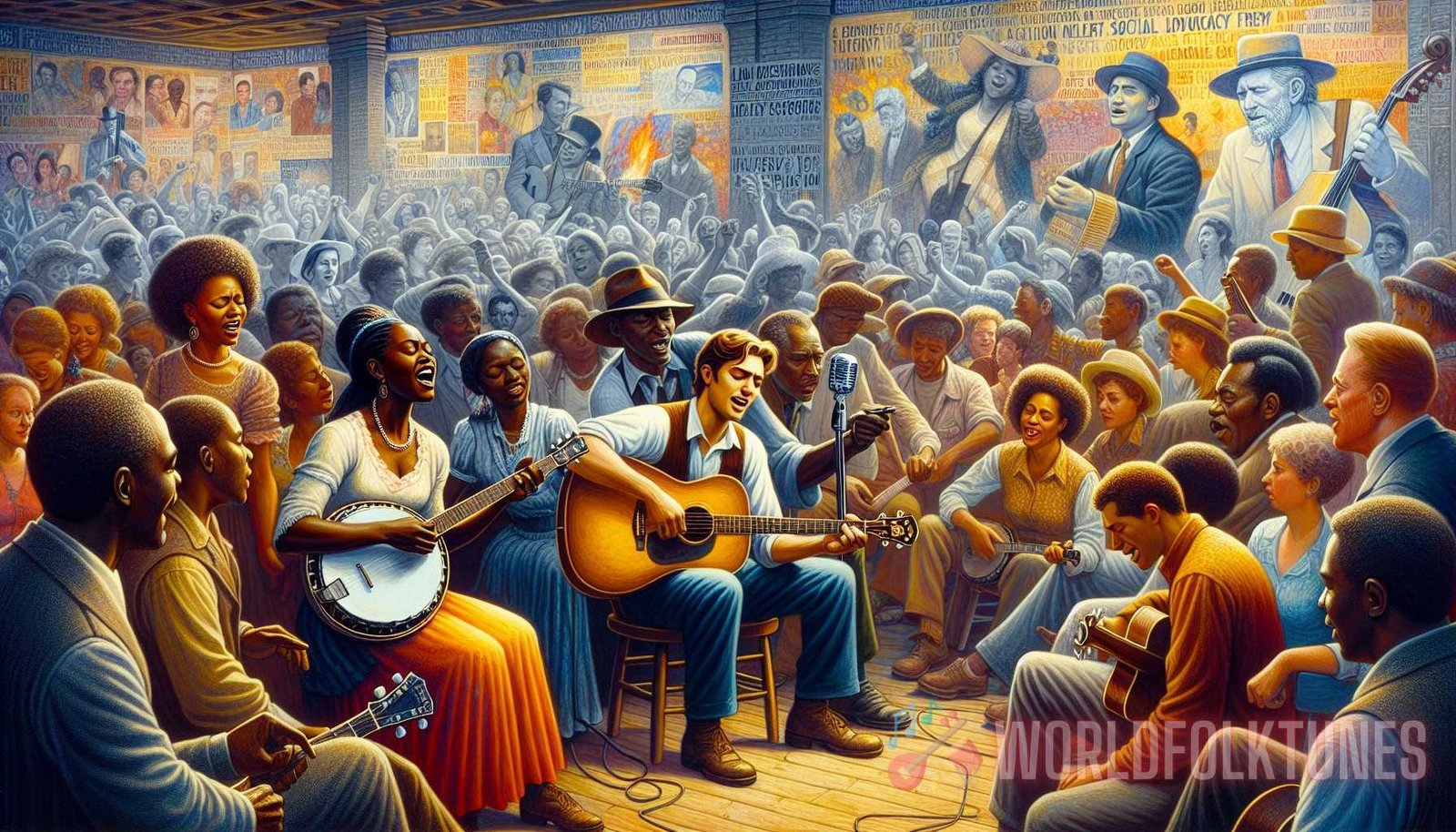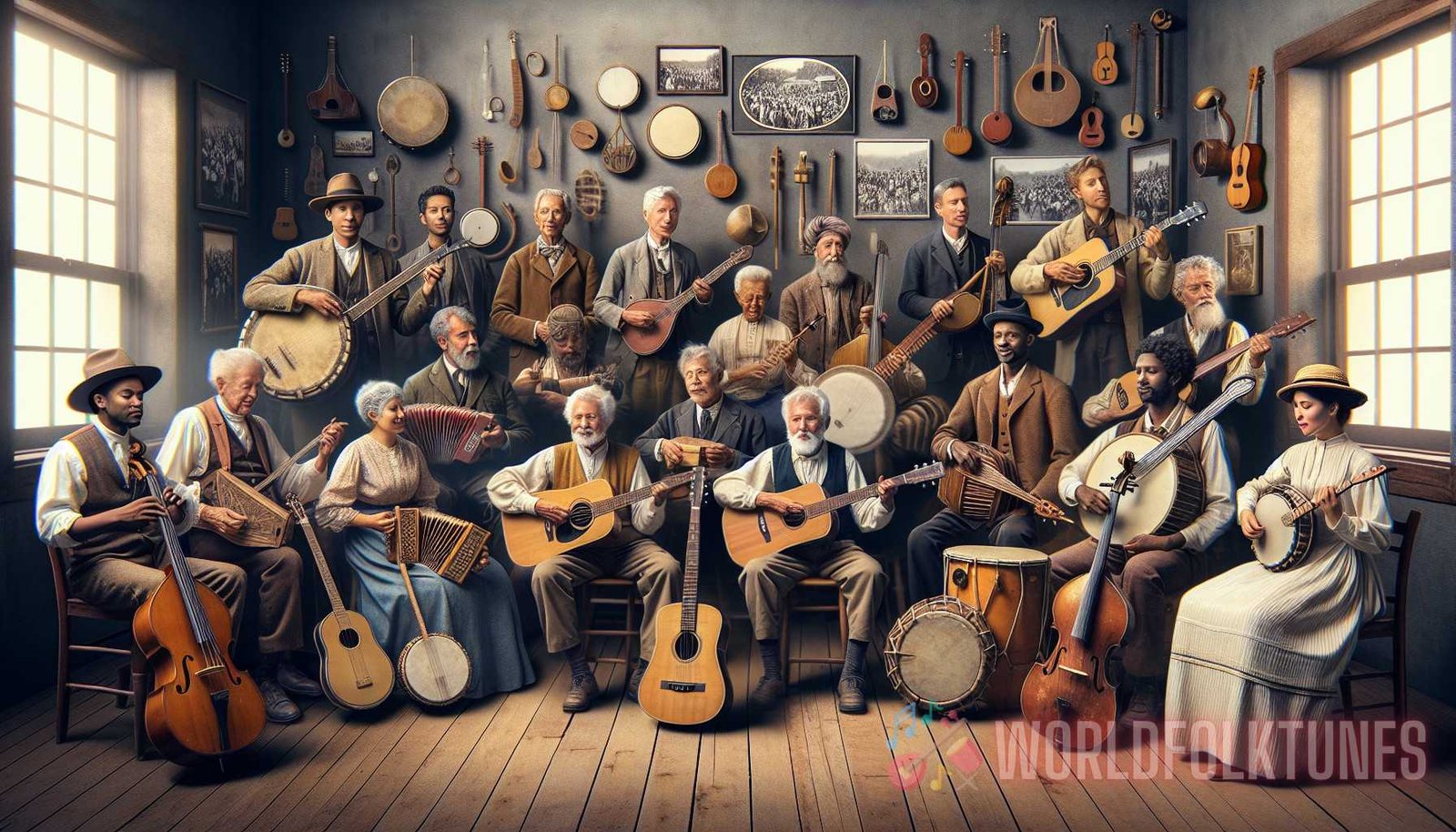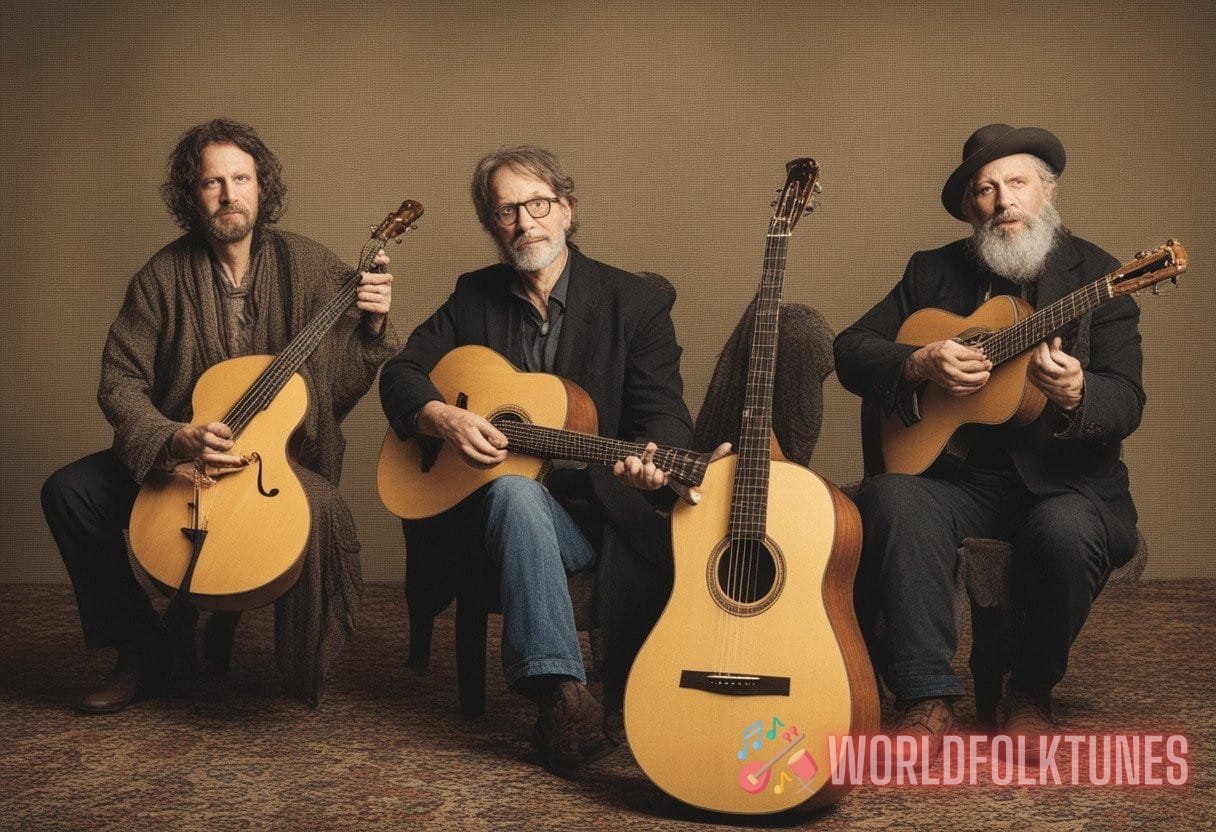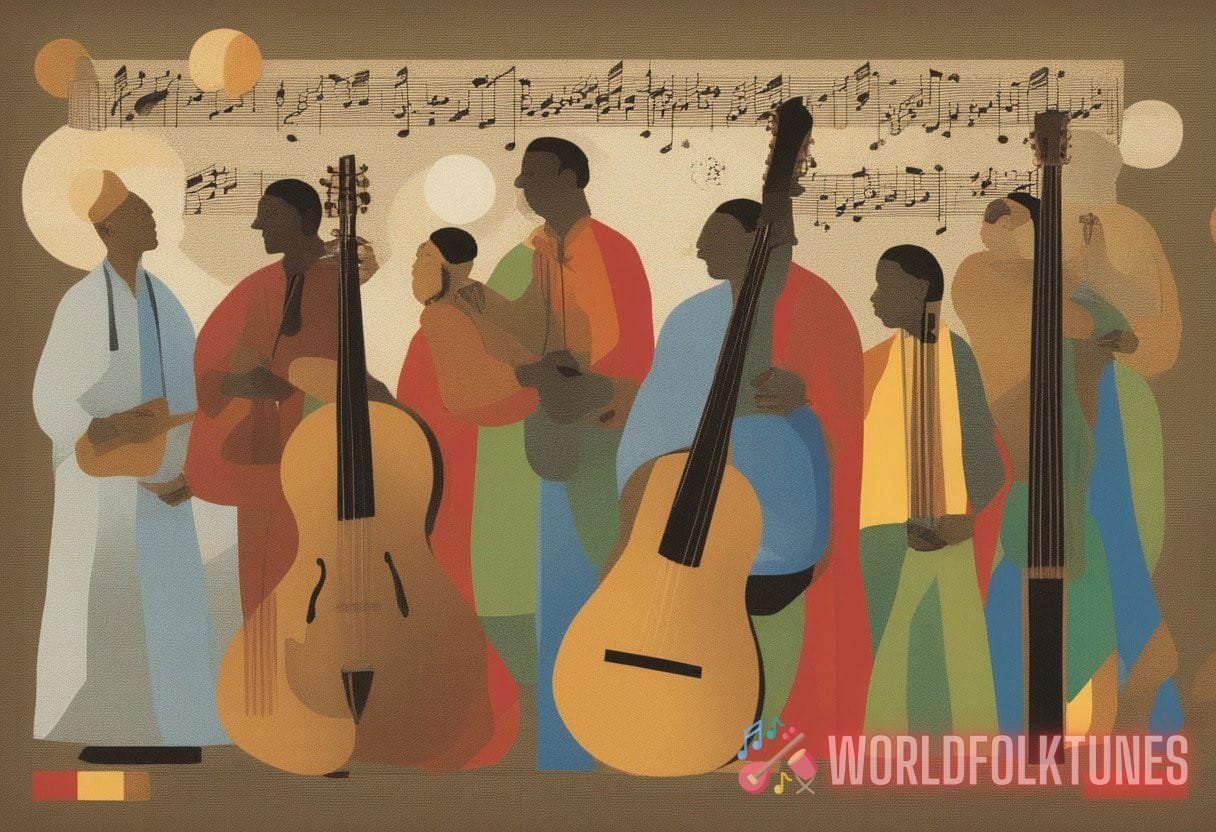Voices of the Earth: Celebrating Pioneers of Traditional Folk Music
Folk music is a genre that captures the essence of a culture’s traditions and history. It tells the stories of ordinary people and celebrates their struggles, triumphs, and joys. Throughout history, there have been numerous folk pioneers who have dedicated their lives to preserving and promoting traditional folk music. In this guide, we will explore the lives and contributions of these remarkable individuals, their impact on folk music, and the legacy they have left behind.
The Origins of Folk Music
Folk music has its roots in the oral tradition, passed down from generation to generation through songs and stories. It originated from the working class, often reflecting the experiences and emotions of ordinary people. The melodies and lyrics were simple yet powerful, resonating with listeners and evoking a sense of community and connection.
While folk music is unique to each culture and region, there are common themes and motifs that cross borders. Love, loss, nature, and social issues are recurring themes in folk songs, reflecting the universal human experience.
The Role of Folk Pioneers
Folk pioneers play a vital role in the preservation and promotion of traditional folk music. They dedicate their lives to researching, collecting, and performing the songs of their culture, ensuring that they are not lost to time. These individuals often travel to remote villages and communities, seeking out the last remaining custodians of traditional folk music.

Many folk pioneers also use their platform to advocate for social change and raise awareness about issues affecting their communities. Their music becomes a voice for the oppressed and marginalized, shining a light on their struggles and demanding justice.
Notable Folk Pioneers
The world of traditional folk music is rich with talented individuals who have dedicated their lives to the preservation and promotion of the genre. Here are just a few notable folk pioneers:
- Alan Lomax: An American ethnomusicologist and folklorist, Alan Lomax is best known for his extensive field recordings of folk music from around the world. He traveled across the United States, Europe, and the Caribbean, documenting the songs and stories of countless musicians. His work played a crucial role in preserving traditional folk music for future generations.
- Pete Seeger: An American folk singer and activist, Pete Seeger was a prominent figure in the American folk revival of the 1950s and 1960s. He used his music to advocate for civil rights, peace, and environmental causes. Seeger’s songs, such as “Where Have All the Flowers Gone” and “We Shall Overcome,” became anthems for social justice movements.
- Ewan MacColl: A British folk singer, songwriter, and playwright, Ewan MacColl played a significant role in the revival of traditional folk music in the 1950s and 1960s. He composed and recorded numerous songs that have become classics, including “The First Time Ever I Saw Your Face” and “Dirty Old Town.”
The Impact on Folk Music
The work of folk pioneers has had a profound impact on the world of folk music. Their dedication to preserving traditional songs and their commitment to social justice have shaped the genre and influenced countless musicians and activists.
Folk pioneers have not only collected and documented folk songs but also adapted them for modern audiences. They have breathed new life into ancient melodies and lyrics, making them relevant to contemporary issues and audiences.

Many folk pioneers have also served as mentors and teachers, passing on their knowledge and skills to the next generation of musicians. They have inspired countless aspiring folk musicians to dive deeper into the genre and explore its rich history.
The Legacy of Folk Pioneers
The legacy of folk pioneers continues to inspire and shape the world of folk music. Their work has laid the foundation for future generations of musicians and activists, ensuring that traditional folk music remains alive and vibrant.
Today, many folk festivals and events celebrate the pioneers of traditional folk music. These gatherings bring together musicians from around the world to perform and share their love for the genre. They provide a platform for both established and emerging folk musicians to showcase their talent and connect with audiences.
Conclusion
Folk pioneers have played a crucial role in preserving and promoting traditional folk music. Their dedication, passion, and talent have shaped the genre and influenced generations of musicians. Through their work, they have kept the voices of the past alive, celebrating the rich traditions and history of folk music. Their legacy continues to inspire and shape the world of folk music, ensuring that it remains a vital and vibrant part of our cultural heritage.
For more information about the history of traditional folk music and its pioneers, you can visit Wikipedia’s page on folk music.



